- Since 1958, Prince George�s Community College has been providing educational opportunities for students from Prince George�s County and around the world. Dr. Charlene M. Dukes serves as the college�s eighth president. Under her leadership, the college continues to strive for excellence in providing opportunities for learning as a world-class institution of higher education.
School Highlights
Prince George's Community College serves 14,835 students (22% of students are full-time).
The college's student:teacher ratio of 12:1 is same as the state community college average of 12:1.
Minority enrollment is 96% of the student body (majority Black), which is more than the state average of 63%.
Quick Stats (2025)
- Enrollment: 14,835 students
- In-state tuition: $5,570
- Out-state tuition: $7,850
- Student:teacher ratio: 12:1
- Minority enrollment: 96%
- Source: Integrated Postsecondary Education Data System (IPEDS)
Top Rankings
Prince George's Community College ranks among the top 20% of public schools in Maryland for:
Category
Attribute
School Overview
The teacher population of 1,211 teachers has stayed relatively flat over five years.
Prince George's Community College
(MD) Community College Avg.
Carnegie Classification
Associate's Colleges: High Transfer-Mixed Traditional/Nontraditional
Associate's Colleges: Mixed Transfer/Career & Technical-High Traditional
Institution Level
At least 2 but less than 4 years
At least 2 but less than 4 years
Institution Control
Public
Public
Total Faculty
1,211 staff
378 staff
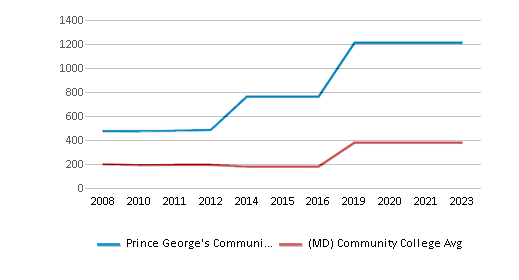
School Calendar
Student Body
The student population of Prince George's Community College has grown by 25% over five years.
The student:teacher ratio of 12:1 has increased from 9:1 over five years.
The Prince George's Community College diversity score of 0.57 is less than the state average of 0.75. The school's diversity has grown by 14% over five years.
Total Enrollment
14,835 students
3,998 students
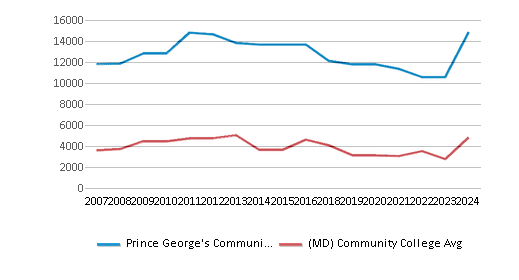
Student : Teacher Ratio
12:1
12:1
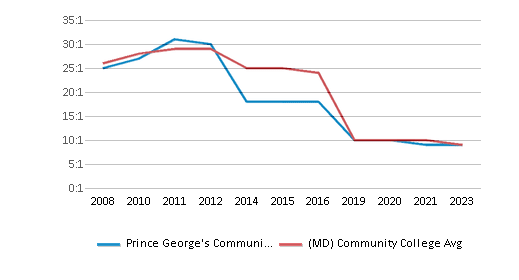
# Full-Time Students
3,331 students
985 students

# Part-Time Students
11,504 students
3,409 students
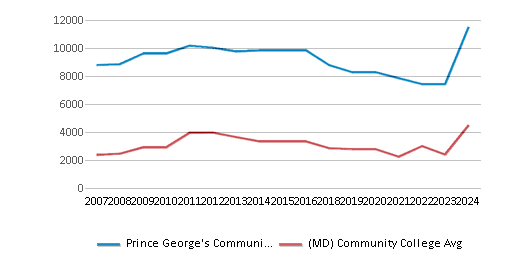
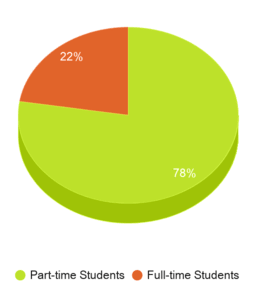
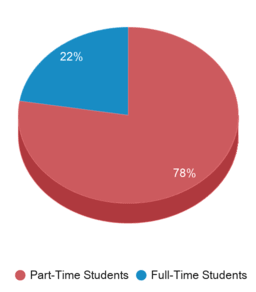
# Enrollment Undergraduate
148 students
243 students
# Full-Time Undergraduate Students
3,331 students
985 students
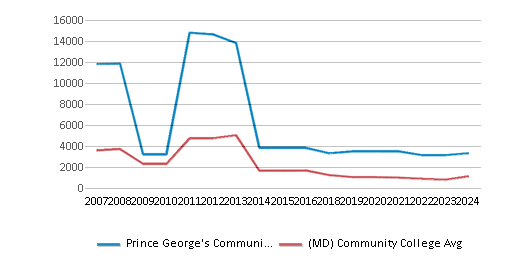
# Full-Time Graduate Students
n/a
19 students
# Part-Time Undergraduate Students
11,504 students
4,482 students
% American Indian/Alaskan
n/a
n/a
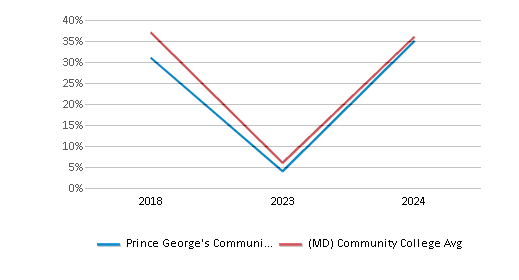
% Asian
4%
7%
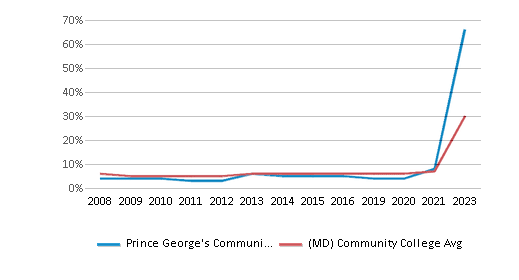
% Hispanic
17%
13%
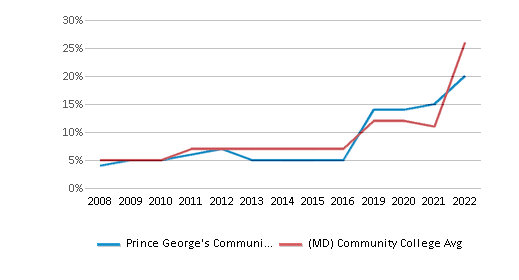
% Black
63%
30%
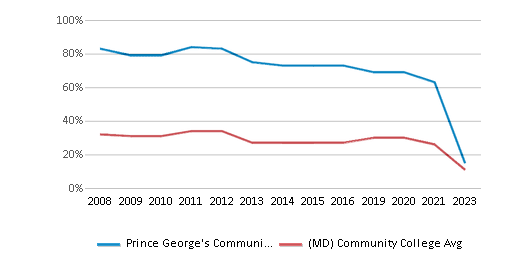
% White
4%
37%
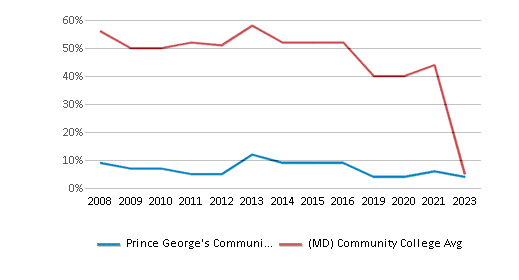
% Hawaiian
n/a
n/a
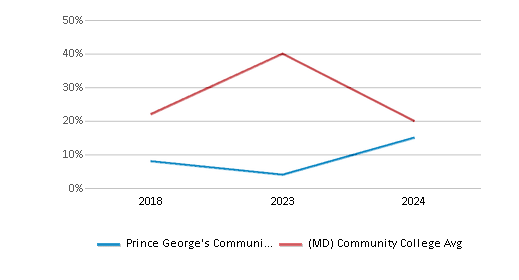
% Two or more races
4%
5%
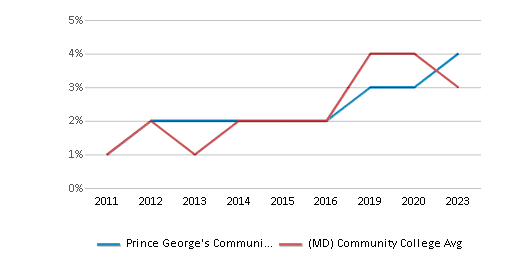
% Non Resident races
2%
5%
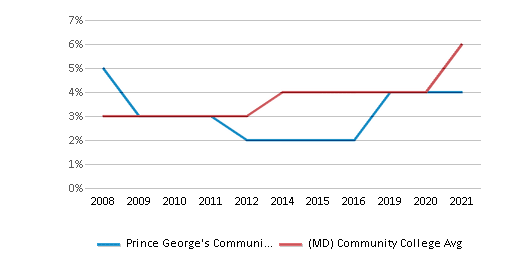
% Unknown races
5%
3%
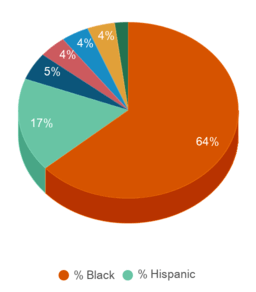
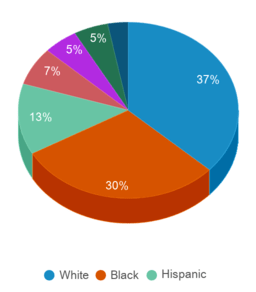
Diversity Score
0.57
0.75
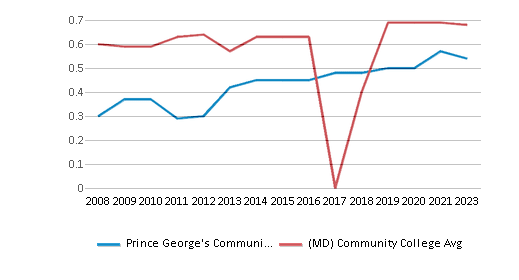
College Completion Rate (Students who graduate in less than 4 years)
0.1747%
0.2841%
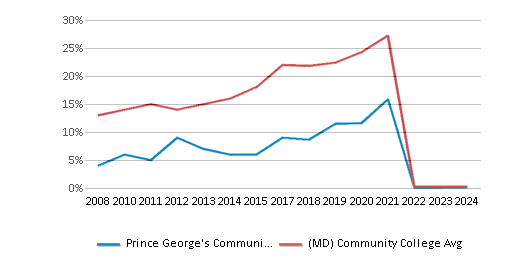
Average Graduate Earnings (10 Years)
$42,900
$36,700
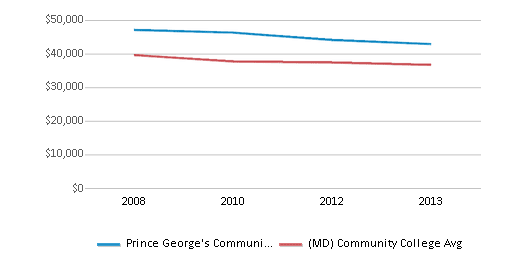
Tuition and Acceptance Rate
The public in-state tuition of $5,570 is less than the state average of $7,307. The in-state tuition has declined by 7% over four years.
The public out-state tuition of $7,850 is less than the state average of $9,316. The out-state tuition has declined by 7% over four years.
In-State Tuition Fees
$5,570
$7,307
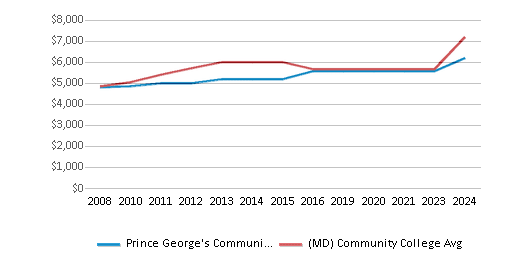
Out-State Tuition Fees
$7,850
$9,316
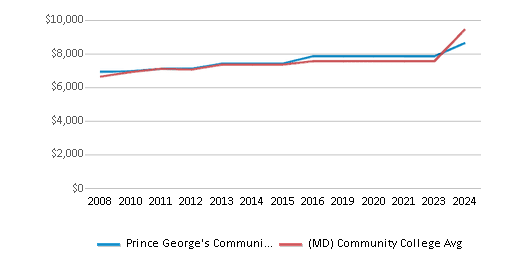
% Students Receiving Some Financial Aid
78%
72%
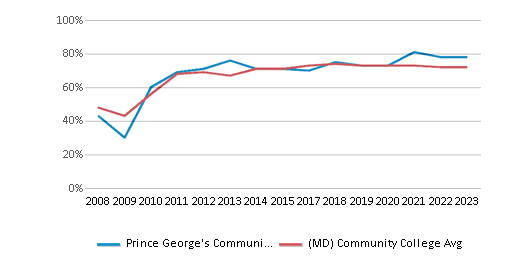
Median Debt for Graduates
$10,500
$10,000
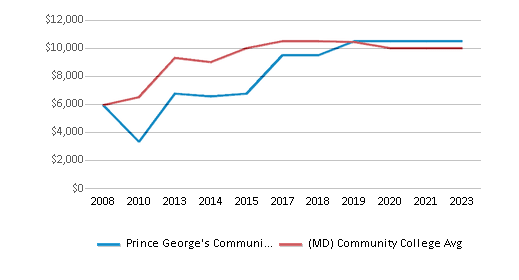
Median Debt for Dropouts
$5,500
$5,500
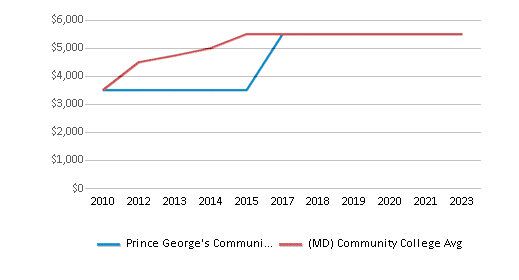
Acceptance Rate
n/a
100%
Source: 2024 (or latest year available) Integrated Postsecondary Education Data System (IPEDS) , School Administrators
School Notes
- The college's main campus is located in Largo, Maryland, with additional sites at University Town Center in Hyattsville, Laurel College Center and Andrews Air Force Base. The college partners with Howard Community College to offer classes at the Laurel College Center. Each year nearly 40,000 students take part in more than 60 programs of study in a wide range of traditional and cutting-edge disciplines. With an average class size of 20, Prince George's Community College provides students with an enriching, learning-centered environment in which to further their academic and professional careers. Academic programs are divided into two categories: Transfer programs parallel the first two years of a bachelor's degree and are designed to help students transfer to four-year colleges and universities. Transfer programs also provide undergraduate prerequisites for students majoring in pre-pharmacy, pre-dental, pre-law, pre-medicine and pre-physical therapy. Career programs provide technical skills necessary for employment and career advancement. Many of the credits earned in career programs transfer to four-year colleges and universities. Prince George's Community College is home to a number of special programs that address the needs and interests of county residents. These include the Book Bridge Project, the Center for Business and Industry Training and the Children's Developmental Clinic.
Frequently Asked Questions
How much does Prince George's Community College cost?
Prince George's Community College's tuition is approximately $5,570 for In-State students and $7,850 for Out-State students.
What schools are Prince George's Community College often compared to?
Prince George's Community Collegeis often viewed alongside schools like Montgomery College by visitors of our site.
What is Prince George's Community College's ranking?
Prince George's Community College ranks among the top 20% of community college in Maryland for: Average community college minority breakdown.
Recent Articles

Obtaining Your Bachelor's Degree at a Community College
Explore the evolving landscape of community colleges offering bachelor's degrees, addressing affordability, accessibility, and workforce needs.

A to Z of Community College Certificates and Courses
From business and healthcare to technology and skilled trades, the article showcases the breadth of options available to students seeking to enhance their knowledge, develop new skills, or pursue career advancement.

What is a Community College?
This comprehensive guide explains what a community college is, its history, and its role in higher education. It covers the types of programs offered, differences from four-year colleges, benefits of attending, and important considerations for prospective students, providing valuable insights for those exploring educational options.









